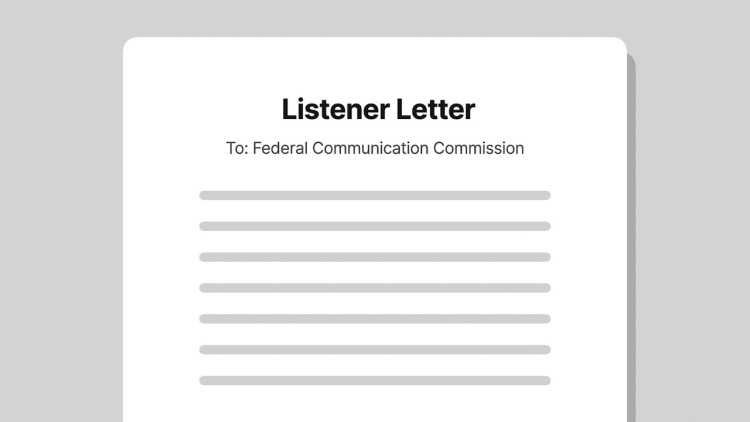Federal Communications Commission v. Pacifica Foundation
United States Supreme Court
438 U.S. 726 (1978)
- Written by Megan Petersen, JD
Facts
A satiric humorist named George Carlin recorded a 12-minute monologue before a live audience in California. The monologue included words that could not be said on the public airwaves. Carlin repeated those words over and over again in a variety of colloquialisms. A New York radio station owned by Pacifica Foundation (Pacifica) (plaintiff) broadcast the Carlin monologue. A few weeks later, a man who stated that he had heard the broadcast while driving with his young son wrote a letter complaining to the Federal Communications Commission (FCC) (defendant). Pacifica responded to the complaint by stating that the broadcast constituted harmless satire and not obscenity. Additionally, Pacifica noted that before the broadcast aired, it issued a warning message noting that the broadcast might contain material that was offensive to some people. The FCC held Pacifica liable for administrative sanctions. The FCC derived its power to regulate indecent broadcasting under two statutes: 18 U.S.C. § 1464, which forbade the use of “any obscene, indecent, or profane language by means of radio communications,” and 47 U.S.C. § 303(g), which required the FCC to “encourage the larger and more effective use of radio in the public interest.” Pacifica challenged the FCC order in federal district court on First Amendment grounds. The district court upheld the FCC’s ruling, but the court of appeals reversed. The United States Supreme Court granted certiorari.
Rule of Law
Issue
Holding and Reasoning (Stevens, J.)
Concurrence (Powell, J.)
Dissent (Stewart, J.)
Dissent (Brennan, J.)
What to do next…
Here's why 905,000 law students have relied on our case briefs:
- Written by law professors and practitioners, not other law students. 47,100 briefs, keyed to 995 casebooks. Top-notch customer support.
- The right amount of information, includes the facts, issues, rule of law, holding and reasoning, and any concurrences and dissents.
- Access in your classes, works on your mobile and tablet. Massive library of related video lessons and high quality multiple-choice questions.
- Easy to use, uniform format for every case brief. Written in plain English, not in legalese. Our briefs summarize and simplify; they don’t just repeat the court’s language.





